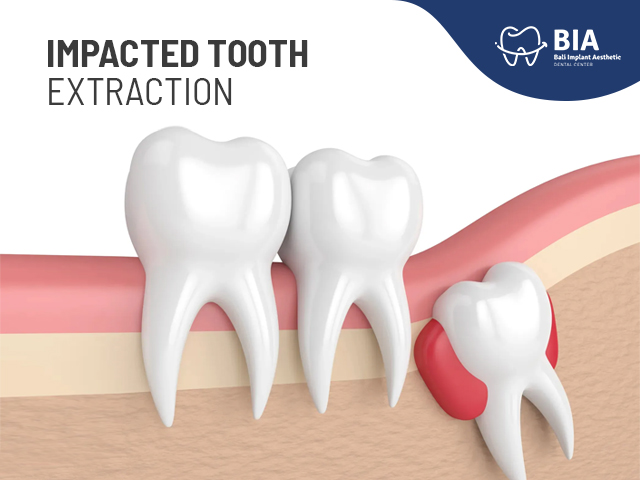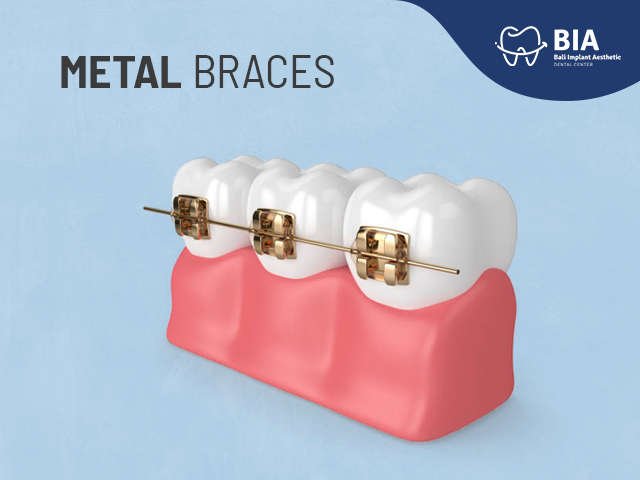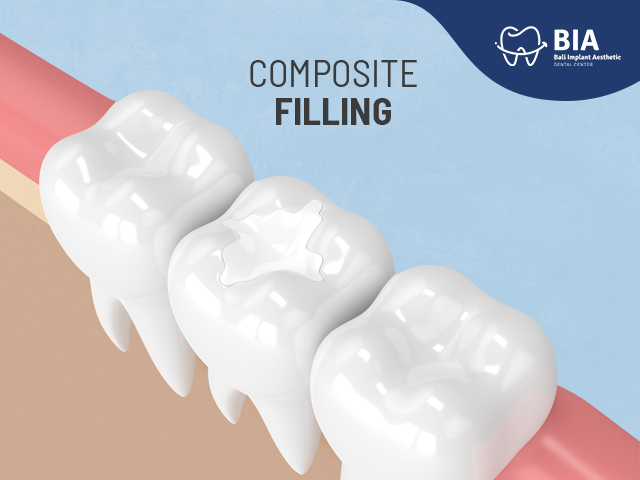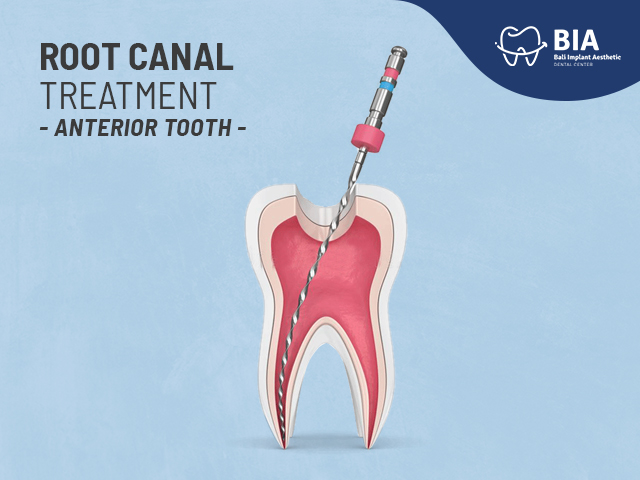Oral Surgeon, Not Just Dealing With Dental Problems
Article | 2021-08-06 03:32:43
Home » Articles » Oral Surgeon, Not Just Dealing With Dental Problems
Oral Surgeon,
Not Just Dealing With Dental Problems
When it comes to specialist dentists, many of us immediately think of oral surgeons. In fact, in dentistry there are several specializations, including; Oral Surgery, Orthodontics, Periodontics, Conservative Dentistry, Prosthodontics, Pediatric Dentistry, Oral Pathology, and Dental Radiology. In this article, we will discuss more about oral surgeons. Are oral surgeons limited to only treating teeth? What types of surgery can an oral surgeon handle?
Oral surgery is an action to treat dental and oral abnormalities through surgical procedures. An oral surgeon is a specialist dentist who treats diseases of the mouth, teeth, jaw, and tongue, especially through surgery. Surgical procedures are divided into two, namely: minor surgery and major surgery. Minor surgery is a minor surgical procedure that uses local anesthesia which is only localized to the operating area and the area around the operation. Major surgery is a surgical procedure that uses general anesthesia, usually this procedure is performed in severe cases, such as in an accident involving the jawbone or in the removal of a large tumor.
The scope of fields handled by oral surgeons is quite broad, so it is not surprising that most people are generally more familiar with oral surgeons than other specialties in dentistry. Oral surgeons need to master both dentistry and general surgery. The period of study for a dentist to graduate as an oral surgeon is quite long, which is about 5-6 years after becoming a dentist. The following are some of the conditions that an oral surgeon can treat, including:
Abnormalities in the mouth and jaw area, such as cleft lip and/or cleft palate.
Infections of the teeth, mouth, gums or tongue, such as abscesses in the mouth and jaw area.
Tumors, cysts, or cancer in the mouth and jaw area.
Tooth impaction (a condition in which a tooth fails to erupt into its proper position, causing part or all of the tooth to become trapped in the gums or jaw)
Disorders of the jaw joint (Temporomandibular Joint; TMJ)
Nerve disorders in the mouth and jaw area, for example trigeminal neuralgia.
Injuries to the mouth and jaw, eg fractures of the jawbone.
Oral surgeons can also treat problems with teeth and gums that require surgery.
In establishing the diagnosis, the oral surgeon will trace the patient's medical history, including the symptoms felt, followed by a physical examination of the patient's teeth, mouth, and jaw. In addition, to establish a diagnosis, the oral surgeon needs to advise the patient to perform several supporting examinations such as, X-rays of the teeth and mouth or jaw, CT scan, MRI. Blood tests and tissue sampling with a biopsy may also be performed, if necessary.
So, now you know that oral surgeons don't just treat dental cases. BIA (Bali Implant Aesthetic) Dental Center comes with complete facilities and trusted dentists in their fields, especially oral surgery which also includes dental implants. Oral surgery is the priority at BIA (Bali Implant Aesthetic) Dental Center. Always consult your dental and oral health problems with the dentist at the dental clinic you trust.
BIA (Bali Implant Aesthetic) Dental Center
Jl. Sunset Road No.86A, Seminyak, Badung, Bali Indonesia 80361.
+6282139396161
REFERENCE:
Konsil Kedokteran Indonesia (2015). Standar Kompetensi Dokter Gigi Indonesia.
National Health Service Health Careers. Oral and maxillofacial surgery.
The Royal College of Surgeons of England. Oral & Maxillofacial Surgery.
Cafasso, et al. Healthline (2018). Everything You Need to Know About Dental and Oral Health.
Watson, S. Verywell Health (2018). What Is an Oral Surgeon?
WebMD (2018). Do You Need Oral Surgery?




